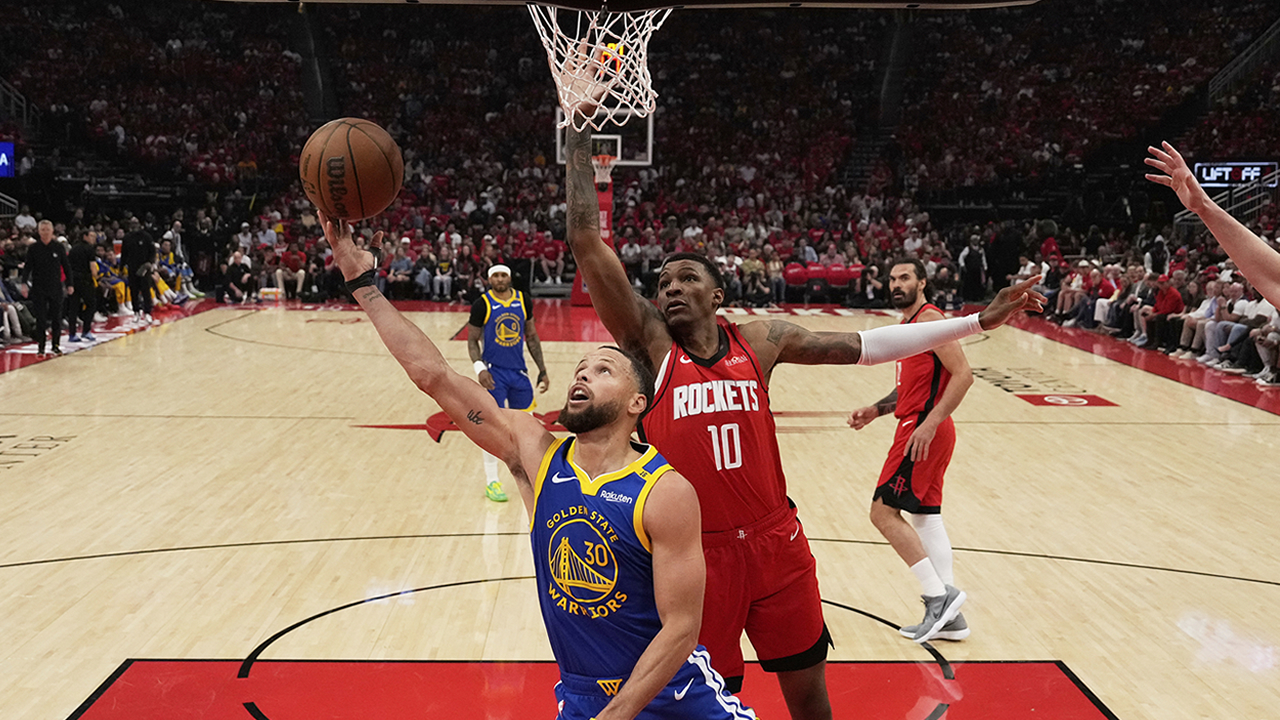911 calls reveal more about domestic violence incident at McDonald's home


SAN JOSE, Calif. (KGO) -- We're learning more about the night police arrested 49er Ray McDonald after he was accused of abusing his pregnant fiance. ABC7 News reported exclusively Thursday night that McDonald called a San Jose cop around the time the 911 call was made. Now, there are more details emerging.
The San Jose Police Department and the District Attorney's Office declined to comment on this case. However, if the District Attorney decides to charge this case, that cop will be a very important witness. There are many questions that will need to be answered, such as: what did he see? What did he hear? What did McDonald tell him?
This was audio of the police dispatch the night McDonald is accused of physically abusing his fiance. You could hear the dispatcher say, "There's a new RP saying that her fiance was hitting her. They're at this address."
The dispatcher says there was a new RP -- a new reporting party -- meaning there was a prior 911 call to this incriminating one. Who made that 911 call? And did it differ from this one?
Lawyers tell ABC7 News the 911 calls are typically considered hearsay. That's why the cop who McDonald called that night is so important.
Reliable sources tell ABC7 News the San Jose police officer is Sgt. Sean Pritchard and that he went to McDonald's home after the 49er defensive end him called him.
Those same sources say it was either before or about the time that a 911 domestic violence call was made. They tell ABC7 News, Pritchard also works in a secondary job as security at 49er games.
Our sources say he was most likely off duty at the time, but lawyers we spoke with say, that doesn't matter if this case goes to trial.
Attorney Steven Clark says, "On or off duty really isn't important. It's the fact that a police officer made certain observations and those observations are key in the District Attorney evaluating whether they should pursue this case to a trial."
Lawyer Dennis Luca, a former San Jose police lieutenant, also told us it doesn't matter if you're off duty. If you stumble across a potential crime scene, you're still an officer of the law. As such, they can't violate their sworn duties.
"Of you cross that line and engage in any sort of behavior or conduct that interferes with an official investigation, you can be -- the department -- can take action against you personally," Luca says.
Police sources tell us, Pritchard was most likely told to fill out a supplemental police report, outlining in detail what he saw and heard. And that would be one of the most important bits of evidence in determining whether or not to file charges against McDonald.




















